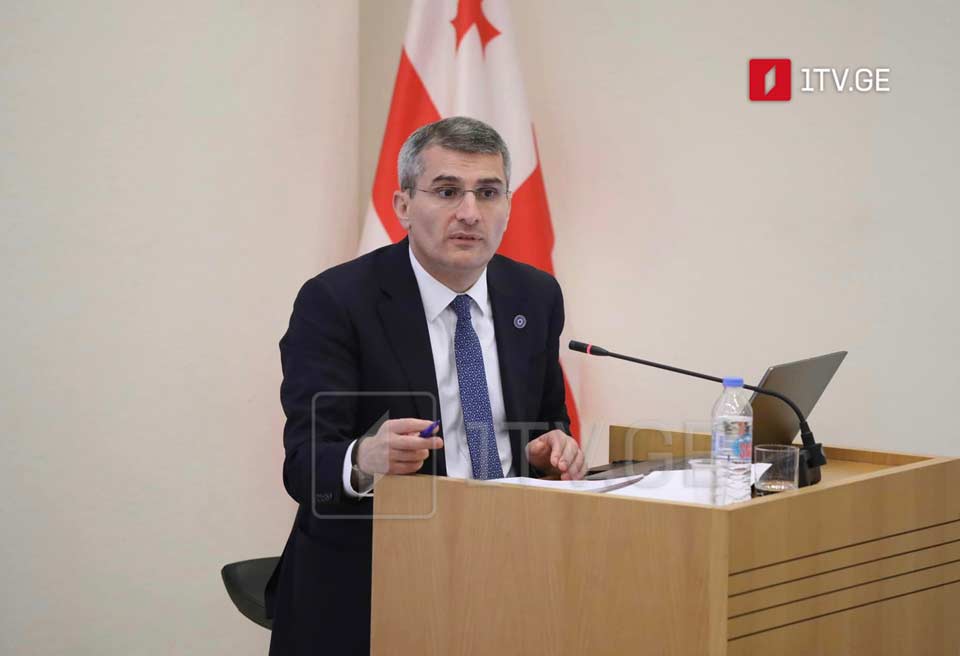It is false to assert that the incomes of non-governmental organizations are already transparent. The declarations submitted to the Revenue Service are considered tax and commercial secrets. The state body cannot conduct financial analysis based on these submissions, said Mamuka Mdinaradze, leader of the parliamentary majority.
Mdinaradze explained that while the Financial Monitoring Service might uncover something in a specific case, this information would remain closed to the public.
“The Financial Monitoring Service can examine specific cases and only receives income declarations related to income tax from the Revenue Service. Sometimes, this information is commercial or tax secret, which the state body cannot disclose. Even if it could, the state body should not engage in financial analysis concerning how much income there is and how much the expenses might be. Only income tax data is accessible,” he declared.
The parliamentary majority leader provided an example of how the government directed relevant services to gather financial statements from seven organizations a few weeks before.
“These statements showed an income of GEL 15 million over several years. However, the expenditures recorded were GEL 85 million. What was traceable was just the salaries paid and the electronic transactions made. Information on events held, production costs, and business trips could not have been accessed. The government cannot fully understand or monitor the overall financial activities of organizations, which is an issue of transparency for the public, not just the state.
If the Financial Monitoring Service examines a specific case, it may find something, but it will still be opaque to the public. I reiterate the importance of transparency before the public and the known examples of financial activities.
For instance, how the Canvas trainings were conducted, who participated, and how much was spent on them remain unknown. We constantly emphasize the importance of clarity and transparency in the law,” said Mdinaradze.
The legal affairs committee is discussing the bill “On the transparency of foreign influence” in its second reading.
